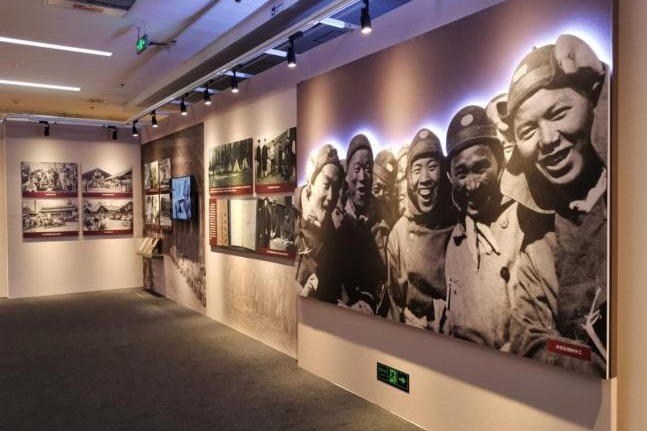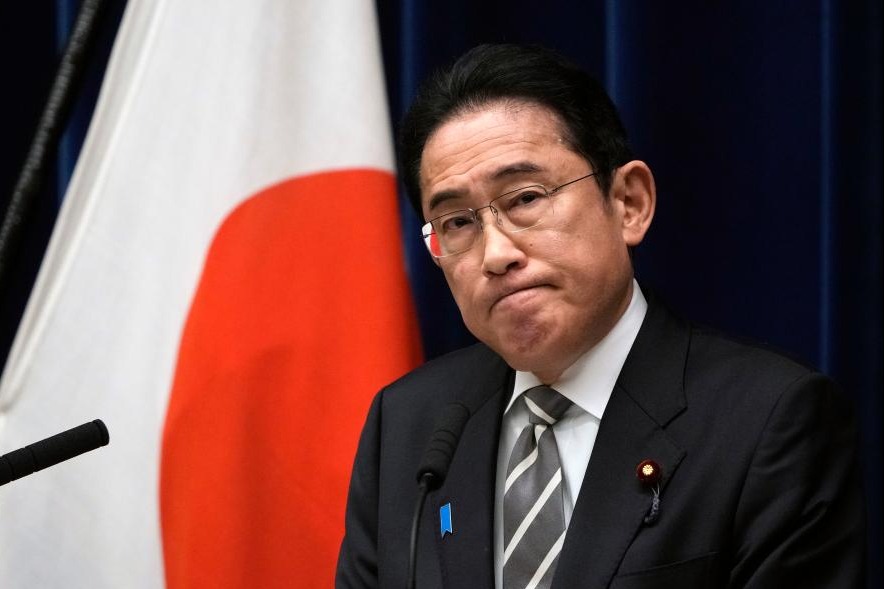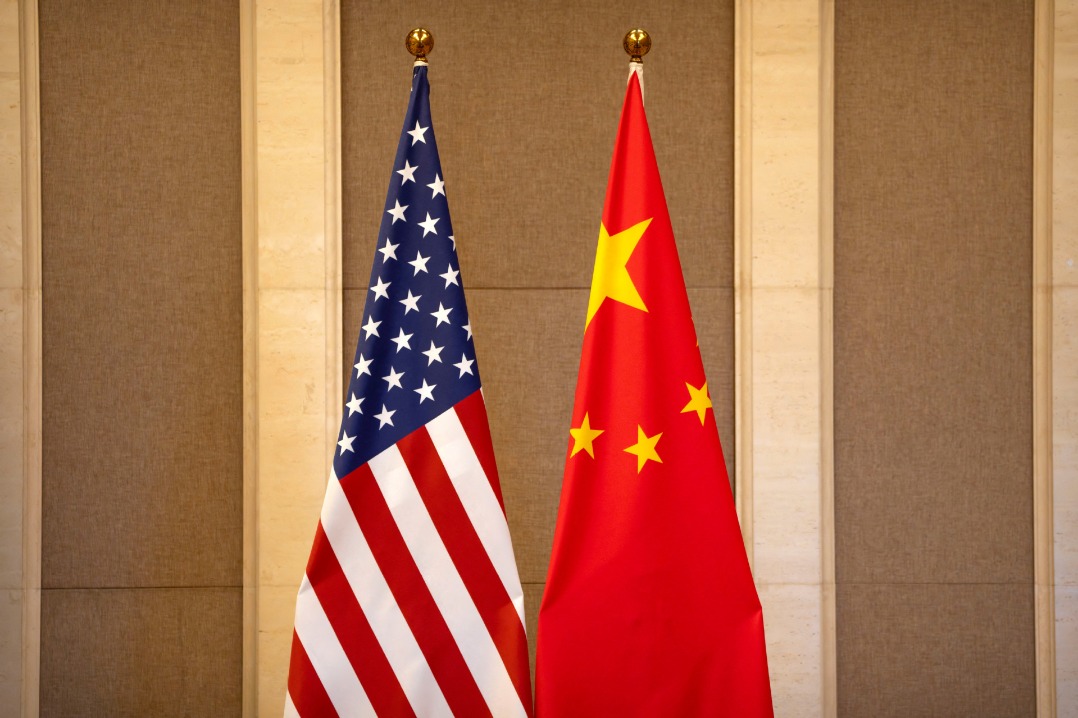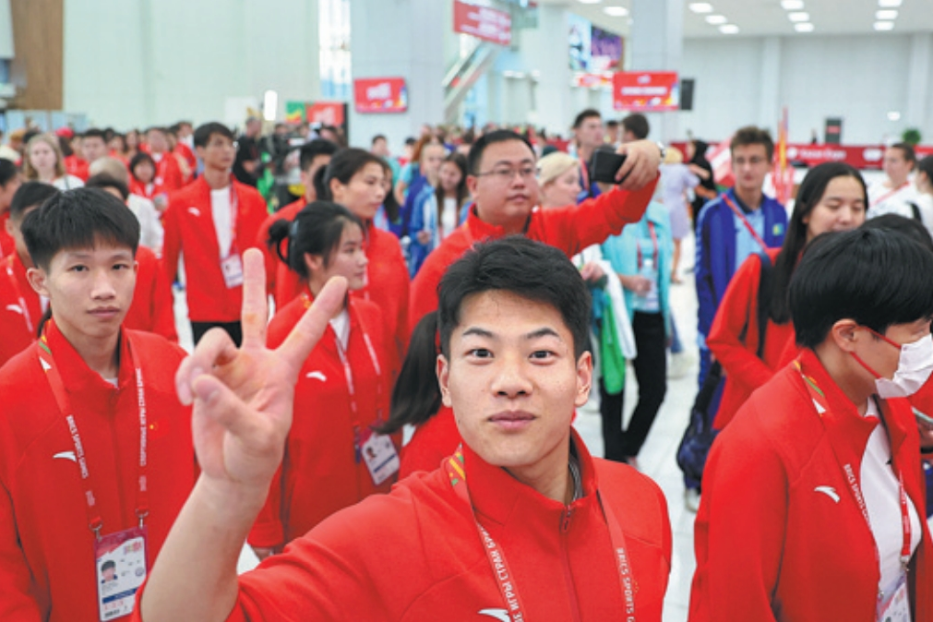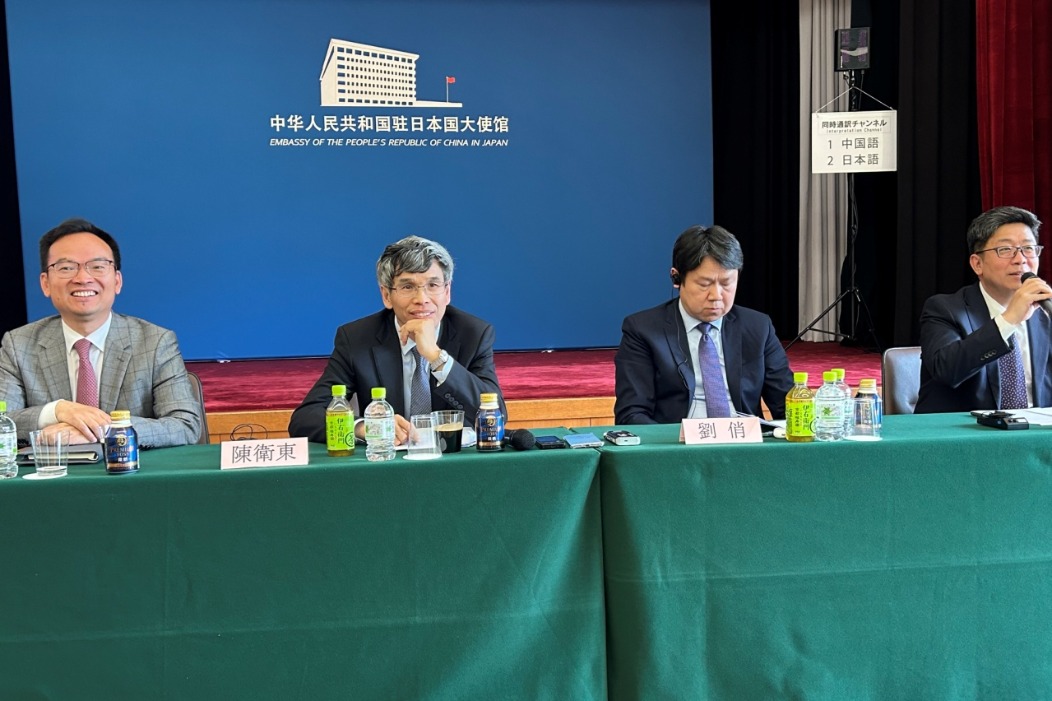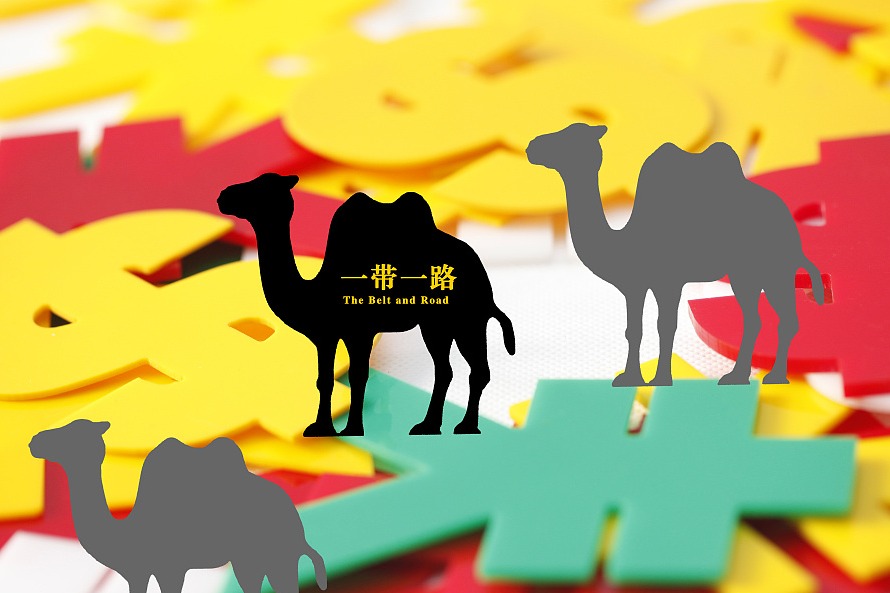Hegemonic tendencies brew more tension and conflict


In the canvas of global politics, security challenges have frequently been the outcome of historical turbulence, colonial legacies and the interplay of superpowers. The 20th century bore witness to the decolonization of Africa and Asia. Complicating the scenario was the Cold War era's strategic gamesmanship, during and after which the United States engaged in myriad toppling of regimes and propping up of proxy governments. The vestiges of these policies are visible today in Latin America, Africa and the Middle East, where past interventions have set the stage for ongoing conflict and unrest.
The geopolitical landscape today remains punctuated by the assertive hegemony of the US. It has been a central player in global politics, wielding its military, economic and cultural power to often dictate international relations. Such hegemonic tendencies, while at times stabilizing, have also led to exacerbating tensions and brewing conflicts, as evidenced in the military ventures in Afghanistan, Iraq, Libya and Syria, as well as in Ukraine. These interventions, driven by a combination of strategic interests and normative agendas, have often resulted in outcomes contrary to the envisaged stability and democracy promotion.
The Ukraine conflict echoes the dissolution of the USSR and Russia's quest to regain its foothold in the global order while being beleaguered by the West. The enlargement of NATO and the application of sanctions have been perceived by Russia as direct threats to its sphere of influence, prompting it to secure its interests through assertive regional maneuvers. The intricacies of Russia's engagement in Eastern Europe and the Middle East underline the fraught relationship it maintains with the US and NATO, exacerbating the geopolitical tension palpable in today's global security environment.
In stark contrast, China's emergence on the world stage has been characterized by a different ethos. China's advocacy for a security outlook that encompasses "common, comprehensive, cooperative, and sustainable security" is reflective of its broader diplomatic philosophy. This approach, enunciated by President Xi Jinping in his Global Security Initiative, marks a departure from the dominance-driven paradigm that has typified much of the past century's international relations. By championing a more multipolar world order, where no single nation's interests override the collective good, China presents itself as a harbinger of a more equitable global governance model.
Achieving sustainable international security is a multifaceted endeavor, requiring a recalibration of international policies and embracing of inclusive strategies. As China has illustrated, respecting national sovereignties and focusing on economic and social development are pivotal in addressing the conditions that breed unrest and conflict. The path to enduring peace and stability is through collective effort and mutual understanding, principles that are at the heart of China's international outlook.
The United Nations, envisioned as the embodiment of international cooperation and conflict resolution, must evolve to more effectively mediate contemporary challenges. Empowering this institution to uphold international law and provide a neutral platform for dialogue becomes even more critical in light of the complex security issues that confront us today. Reforming the UN to reflect the realities of the 21st century is not just a necessity but a prerequisite for global stability, one that echoes China's call for a more representative and fair international order.
Furthermore, the fabric of today's security environment is woven with threads of economic disparity and technological innovation. The global economic system, often criticized for perpetuating inequality through debt dependency and skewed trade practices, demands reformative measures. Initiatives aimed at sustainable development, poverty alleviation, and equitable resource distribution resonate with China's emphasis on shared prosperity and harmony.
The digital realm, too, has brought forth unprecedented security considerations. Cybersecurity threats, the weaponization of information and space, and the ambiguous potential of artificial intelligence represent novel frontiers of conflict that require a collective approach to governance and ethical oversight. Here again, China's call for a global framework to manage these challenges underscores its commitment to a secure and stable international order.
The trajectory toward a secure and harmonious international order calls for an earnest embrace of cooperative principles and a collective rejection of hegemonic unilateralism. The vision for global stability, as articulated by China, champions such principles, advocating an inclusive approach that transcends parochial interests and respects the sovereign equality of all nations. By adopting a stance that endorses common, comprehensive, cooperative and sustainable security, China not only offers an alternative to the interventionist tendencies that have historically fomented discord but also presents a blueprint for a collaborative future. This vision is reflective of an emerging global consciousness that values mutual benefit and shared prosperity over dominance and division.
Moreover, China's commitment to fostering international cooperation is not merely rhetorical but is exemplified by its active engagement in peacekeeping missions, its Belt and Road Initiative, and its efforts to address climate change. These endeavors signify a paradigm shift toward a more responsible and benevolent global stewardship. It is a path that promises to address not only the immediate security concerns but also the underlying socio-economic disparities that contribute to global tensions.
As the international community grapples with the multifaceted challenges of our time, it becomes increasingly evident that adopting China's forward-looking strategies is pivotal in the pursuit of a stable and secure global order. The way forward is clear: it is through cooperation, dialogue and mutual respect, hallmarks of China's approach to international relations, that a more peaceful and equitable world can be realized.
The writer is editor-in-chief at Daily Ittehad Media Group and Pakistan Economic Net. He is also the vice president and chairman of the foreign relations committee of Council of Pakistan Newspaper Editors (CPNE). The views do not necessarily reflect those of China Daily.
















